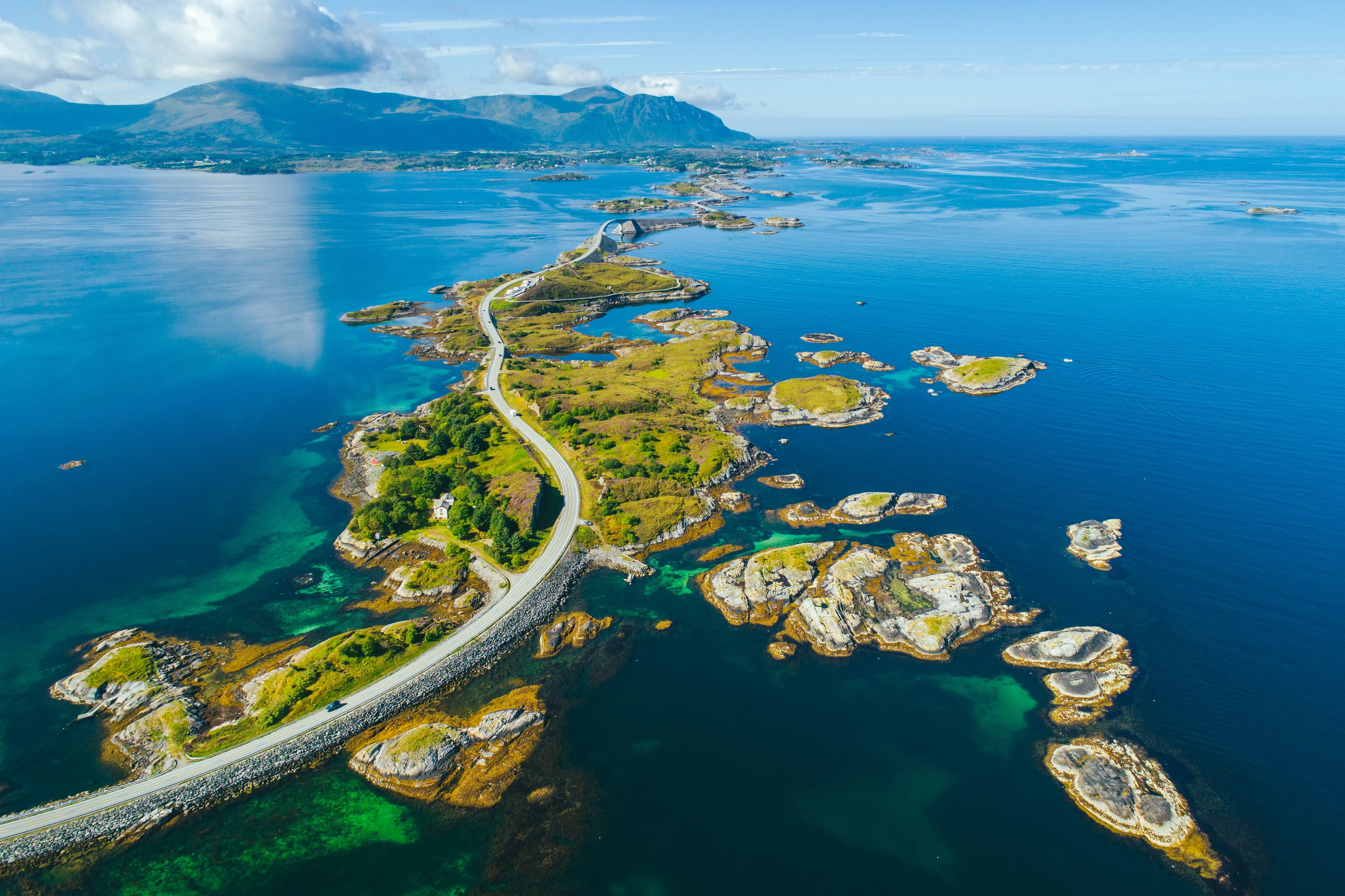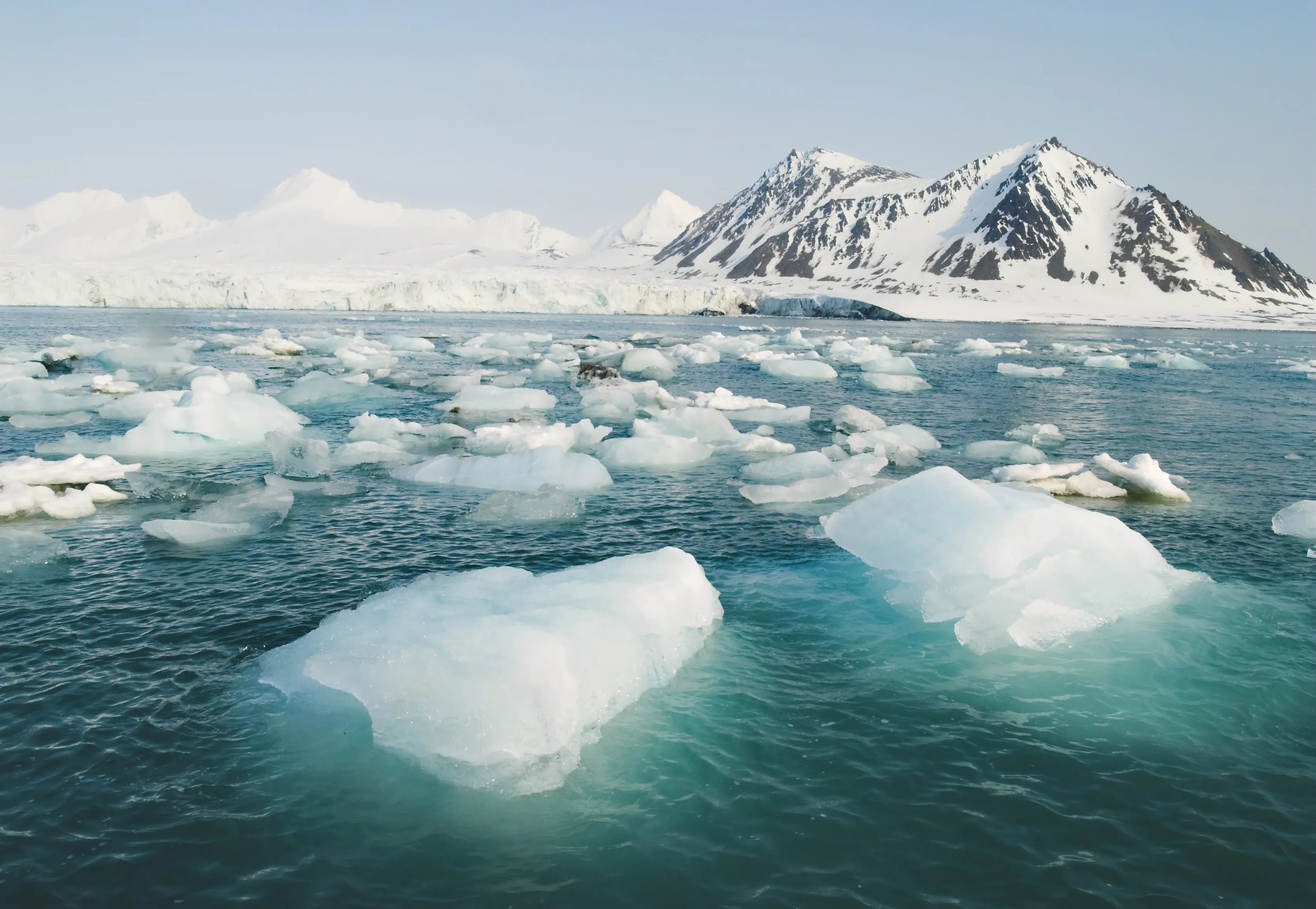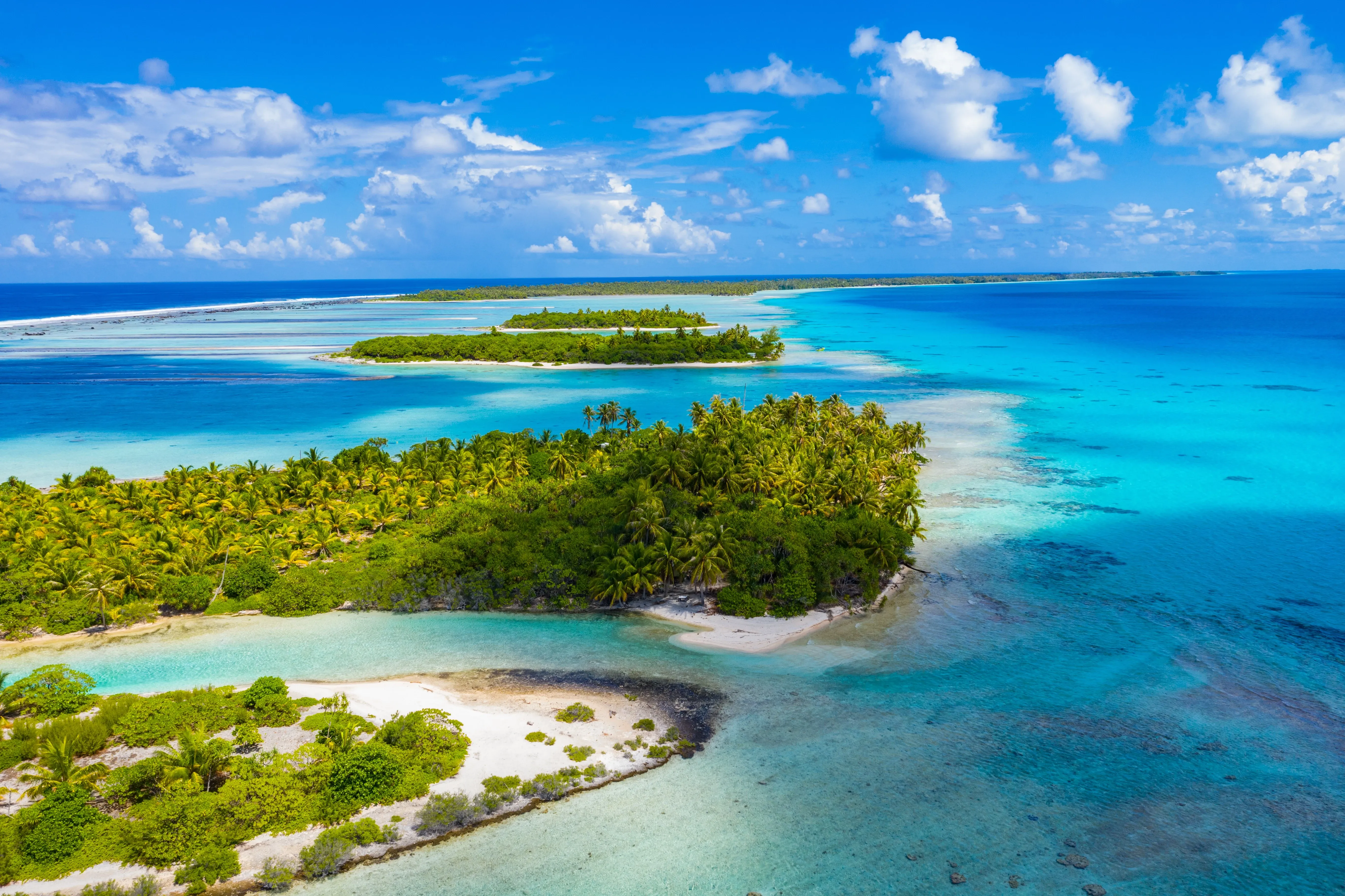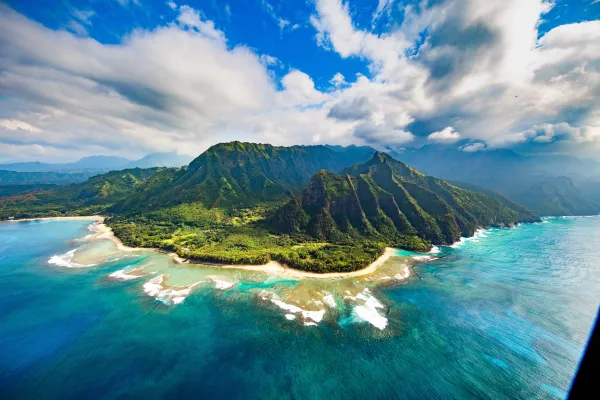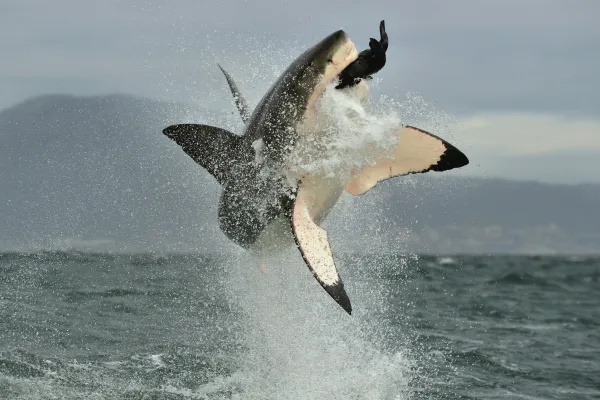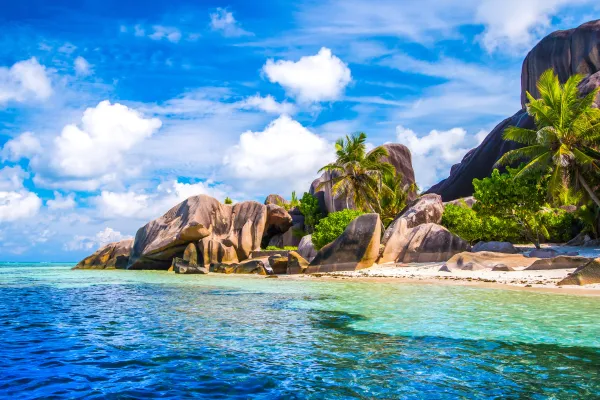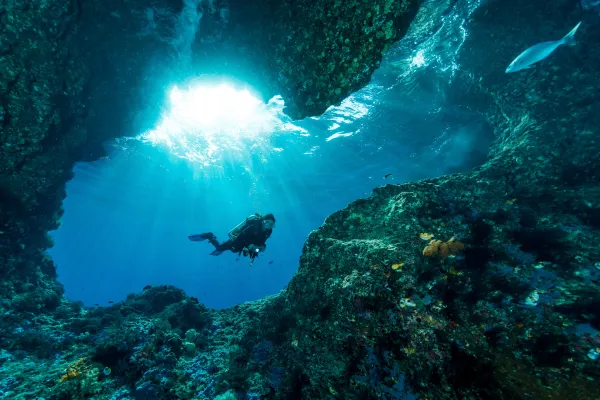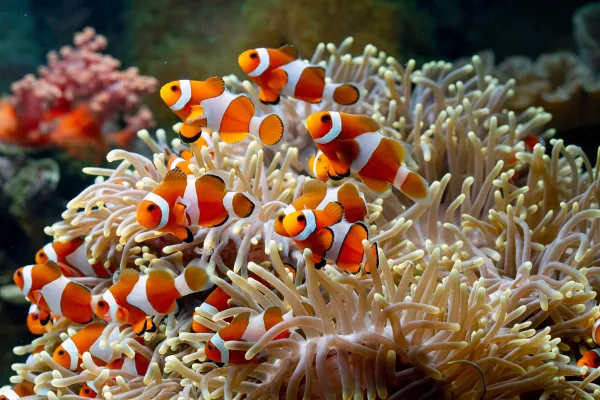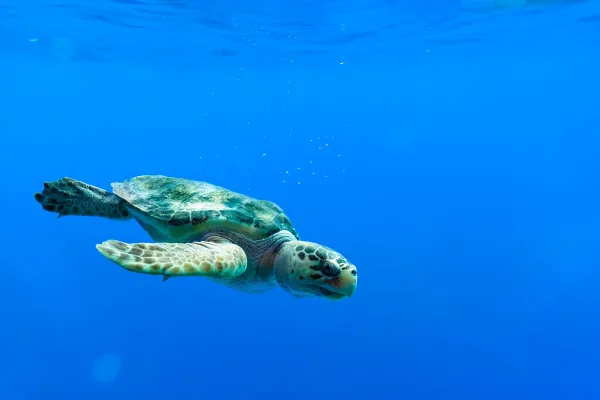How to protect and conserve our oceans
In many ways, the ocean remains a mystery to most people. Even the most adventurous and experienced swimmers, divers, free divers, sailors, and other ‘ocean whisperers’ can not claim to know the sea’s darkest depths and deepest secrets intimately. Like human beings, it lives, moves, experiences highs and lows, gives life, and can take it.
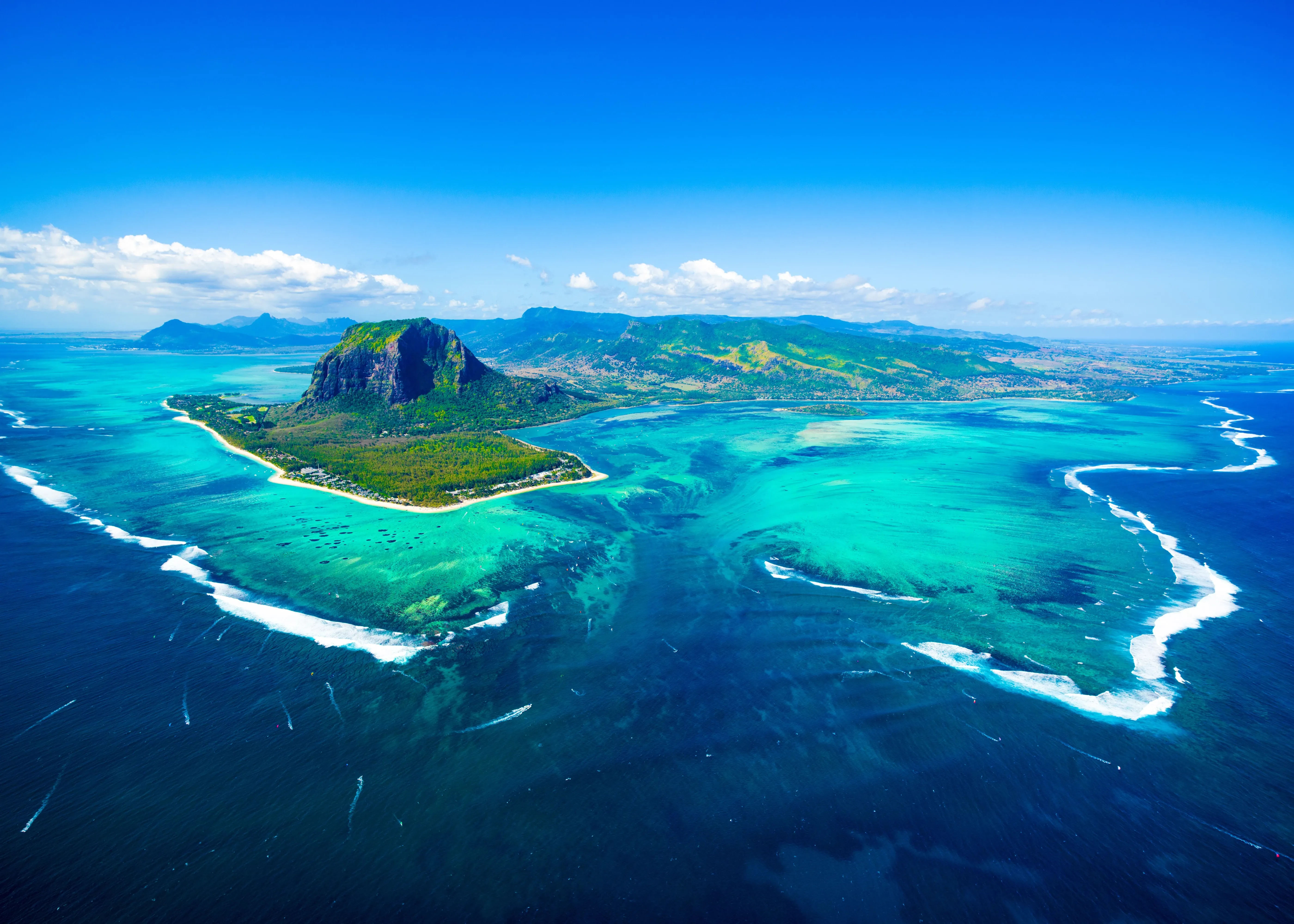
The ocean is enigmatic, compelling, healing, calming, beautiful, and terrifying, all at once. However, as enormous and powerful as it is, the marine environment is also highly fragile – and in serious danger. It faces multiple threats, including climate change, pollution, oil spills, species extinction, and other sources. However, for people to become involved in protecting the ocean, both emotionally and actively, they need to understand its complexity. What makes the ocean unique, and why is it critical to the world and all living beings?
How many oceans are there?
What most people refer to as the ‘ocean’ comprises several seas. Until recently, global scientists recognised four world oceans – the Pacific, Atlantic, Indian, and Arctic oceans. However, on World Oceans Day, 8 June 2021, National Geographic officially acknowledged a fifth ocean’s existence – the Southern Ocean. Unlike the other four oceans, the Southern Ocean is not hemmed in by continents; instead, it encircles one. This vast body of water encompasses most seas surrounding Antarctica up to 60 degrees south of the continent, except for the Scotia Sea and the Drake Passage.
Moreover, it is the only ocean with boundaries that are not defined by landmasses but by an ocean current, the Antarctic Circumpolar Current (ACC). Scientists believe this current developed roughly 34 million years ago when Antarctica broke off from South America. This division allowed water to flow freely around this polar continent, creating a current that circles from west to east and is colder and less salty than its surrounding waters.
Why should we conserve the oceans?
1. They are critical to human life
The ocean is crucial to human existence on earth. It is a life-support system that provides us with food, climate regulation, and, most importantly, air. The primary reason for this is the presence of phytoplanktons – tiny plants, algae, and bacteria that form the basis of the ocean’s food web. Like terrestrial plants, they undergo a process of photosynthesis that makes them “primary food producers”. These microorganisms absorb water, sunlight, and carbon dioxide and transform these elements into nutrients and oxygen. Their presence allows the ocean to generate over half the planet’s oxygen and absorb roughly 50 times as much carbon dioxide as the atmosphere. Furthermore, the ocean is a critical food source. Seafood makes up an estimated 16 % of the world’s protein source, while seaweed and algae products are also widely consumed.
2. They support incredible biodiversity
Beyond sustaining human life, the ocean is home to a mind-blowing array of marine flora and fauna, ranging from the beautiful to the bizarre. Spectacular corals, iridescent jellyfish, fish in flashing colours, powerful apex predators such as great white sharks and orcas, and countless other species contribute to this complex living network. However, the ocean’s vastness means that many of its creatures remain undiscovered. The US National Library of Medicine’s National Institutes of Health states that roughly 91% of marine species are still not officially identified. Scientists estimate that the total number could run well into the millions.

3. The sea supports the economy
The sea provides a necessary means of transportation and supports diverse industries. These businesses include seafood, medicines for cancer, Alzheimer’s, other diseases, and ocean by-products such as salt and seaweed products. The United Nations Food and Agriculture Organisation (FAO) has identified seaweed as a significant source of critical nutrients, including calcium, magnesium, sodium, and iodine.
The FAO also identifies iodine as the most common and easily avoidable cause of “impaired cognitive development in children”. As a result of its role in the driving industry, the sea creates millions of jobs worldwide. The World Economic Forum estimates that 40 million jobs will depend on it by 2030. Developing nations are particularly dependent on the ocean as a vital source of food and income.
4. The ocean is a place to play
The ocean is a vast and mesmerizing expanse that beckons with its boundless beauty and endless possibilities. Its allure extends beyond its sheer magnitude, offering a myriad of opportunities for leisure and recreation. Additionally, the sea serves as a haven for various tourism and recreational activities, creating a playground for adventure seekers and nature enthusiasts alike.
»If the ocean dies, we all die.«
What will happen if we don’t save the oceans?
Without the ocean, climate change may have destroyed the planet already. The US National Oceanic and Atmospheric Administration estimate that the ocean has absorbed more than 90 % of global warming in the last half-century. Were it not for its mediating effect on climate, the average temperature on earth would already be around 50 degrees Celcius.
Five solutions to save the oceans
1. Use less water
You can avoid sending excess wastewater and run-off water into the ocean by reducing your water usage. The pollutants and chemicals in these earth-based water sources can be highly toxic to ocean animals and the marine environment.
2. Join beach cleanups
Actively join the fight to save the ocean by joining local beach cleanups – or organise your own! An excellent place to start is by taking a recycled or biodegradable bag with you when you visit beaches or river areas to remove the trash.
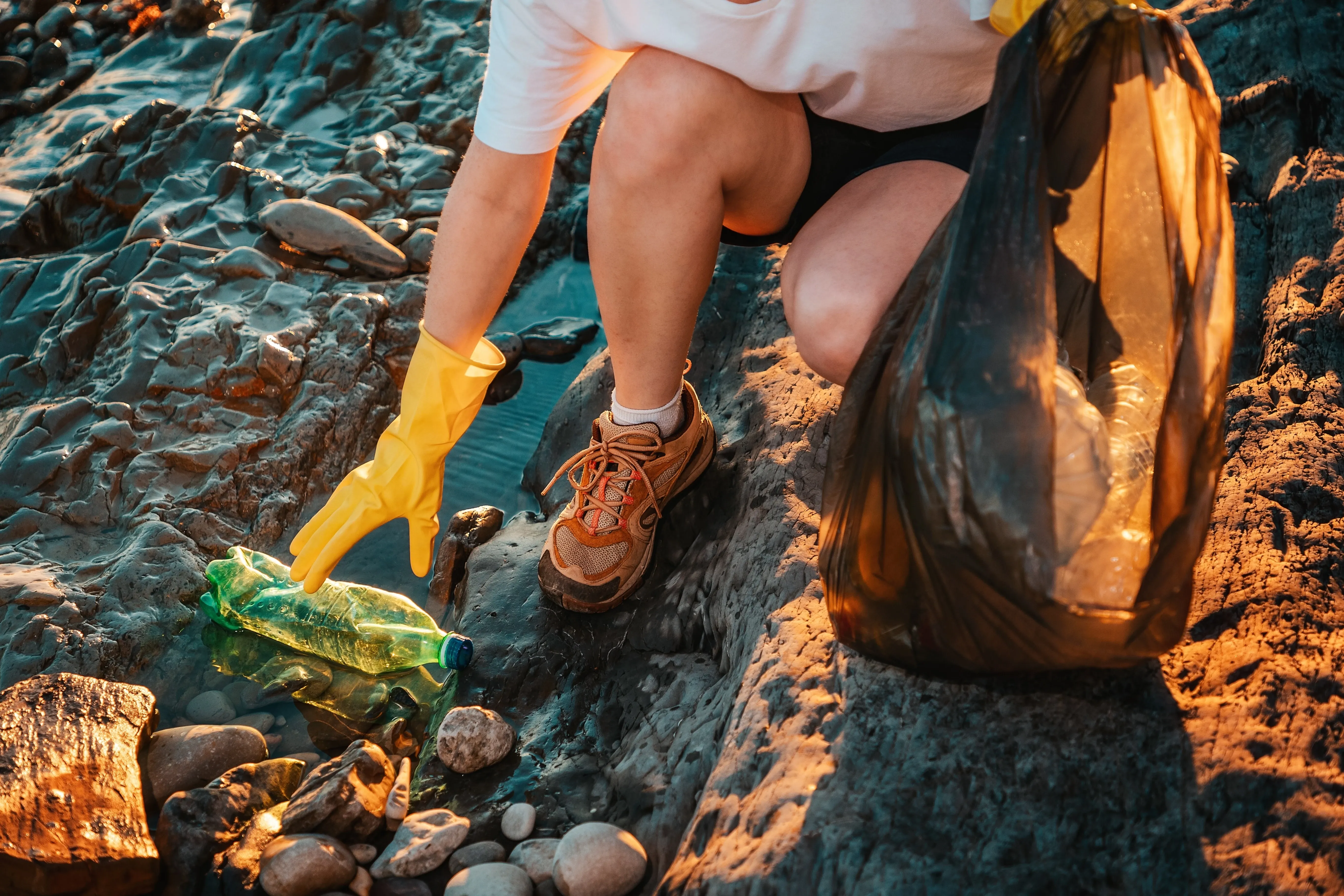
3. Demand plastic-free alternatives
Plastic pollution has spiked sharply in recent decades, and much of it makes its way into the ocean. Roughly 8 million tons of plastic debris end up in the sea each year, and, consequently, many marine animals die from swallowing plastic or getting tangled in nets or fishing lines. Tourism is a major contributor to plastic pollution. However, you can help save the ocean by being a conscious and responsible traveller:
- Bring your own recyclable bags when shopping or reuse existing plastic bags.
- Switch to glass or metal drinking straws
- Buy foods from restaurants, markets, or produce stores that use sustainable packaging or let you bring your own.
- Support projects that convert plastic waste into innovative recycled products.
You can also help save the ocean by finding out as much as possible about ways to preserve it. More importantly, act on the knowledge you gain! Travel if you can, speak to people along the way, and become actively involved in conservation projects that preserve the ocean and the earth.
4. Become a volunteer
A great way to save the ocean while exploring the world is volunteering at a marine conservation project. Participating in a marine conservation project involves hands-on involvement in initiatives aimed at safeguarding the ocean ecosystem.
Volunteers often engage in activities such as beach clean-ups, coral reef restoration, monitoring marine life populations, and educating local communities about sustainable practices. By actively participating in these efforts, individuals play a vital role in preserving the delicate balance of marine ecosystems and ensuring the well-being of species ranging from majestic turtles to awe-inspiring whale sharks.
5. Reduce your carbon footprint
Reducing your carbon footprint is one of the most important things you can do to save the ocean. Let’s face it – if you love travelling or the sea, chances are you will travel by air, at least some of the time. Nevertheless, there are ways you can reduce your carbon footprint, even while you are exploring the planet:
Travel direct: Landings and takeoffs cause the most carbon emissions from air travel. Therefore, avoiding unnecessary stop-offs can help to save the ocean.
Make sustainable choices: When you visit new places, support local businesses and tour operators rather than internationally owned franchise chains. Ask for locally produced foods, crafts, and other products. These often make for the most delicious meals, best buys, and memorable experiences anyway! Choose vegetable-based foods when possible or give up meat one day a week.
Go local: When you visit new places, support local businesses and tour operators rather than internationally-owned franchise chains. Ask for locally produced foods, crafts, and other products. These often make for the most delicious meals, best buys, and memorable experiences anyway! Choose vegetable-based foods when possible or give up meat one day a week.
Take the slow route: Walk or cycle rather than drive whenever you can. You will be helping to save the ocean and experience new places more fully, simultaneously. If you do drive, keep your tyres pumped at optimum pressure. This will ensure your vehicle is as efficient as possible, so it does not have to work as hard to move forward.
Through collective action in the form of beach clean-ups, conservation initiatives, and the adoption of more sustainable practices, we can do our part to create a better future for our oceans and ensure their vitality and resilience for generations to come.
Source references:
National Ocean Service
National Geographic
Lonely Planet
Plastic Ocean
Sign up for the newsletter
By clicking on “Subscribe now” I will subscribe to the Conscious Explorer newsletter with all the information about mindful travel. Information on the success measurement included in the consent, the use of the shipping service provider MailChimp, logging of the registration and your rights of revocation can be found in our privacy policy.

